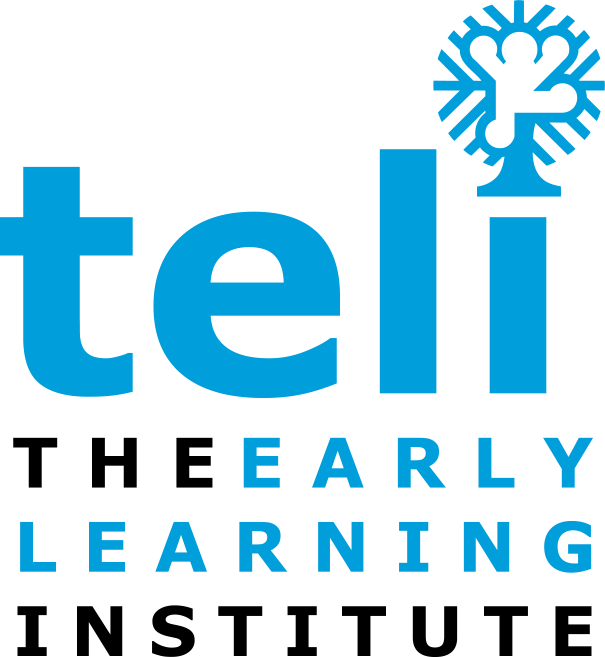Change is difficult, especially for a child with developmental delays.

As any parent knows, the transition from a child under your watchful eye at all times to entrusting your child to another caregiver can be a bit scary. You know what they want, you understand their needs and you know their schedule.
What challenges do children with developmental delays face in the transition?
Change can be even more challenging for a child with developmental needs, specifically if they have difficulty communicating. Diane Wolfe, a teli Speech Pathologist, focuses on helping children communicate in preparation for the transition. “My main goal is getting the kids to be able to communicate in a manner that is most comfortable for them. A child’s ability to be understood, and be able to communicate about their day to their parents is very important in a preschool setting. At teli, helping the child with developmental delays integrate successfully into a new setting is something that we work hard to facilitate.”
What are the preschool options for a child with developmental needs reaching the age of 3?
As children reach the age of 3, dependent on their developmental needs, they may be eligible for DART (Discovery, Assessment, Referral and Tracking) services in Allegheny County, or services with or through PPS (Pittsburgh Public Schools) if they live in the city. If they are evaluated and are not eligible, traditional preschool with additional outpatient therapy services may be an option. Based on Diane’s experience, the more traditional preschool route with supplementary therapy services tends to be more prevalent.
What should a parent look for in a preschool setting?
Selecting the right center for your child is important. Dependent on the child’s underlying diagnosis, specific characteristics may be crucial, notes Diane, “For example, for a child with sensory issues, the overall calmness of the center and structured activities may be essential to the child’s success.” Diane suggests the following guidelines when selecting a preschool for a child with developmental delays.
- Ask about the child to adult caregiver ratio, a low number is preferred.
- Evaluate the cleanliness, the available “free space” to explore and a sense of calmness.
- Observe the staff behaviors to identify if they are building relationships with the child and providing calm nurturing support.
- Assess if there is structure to the day for the child such as snack is followed by circle time, for example. Children integrate more easily when there is predictability to their days.
What if my child needs extra help or additional services?
“Understanding what to expect ahead of time is a great comfort to parents and children alike!” explains Diane. If a parent feels their child may need more services than DART or PPS offer, they should check with their medical insurance for a listing of outpatient service providers in their area.
Interested in learning more about how teli’s Early Intervention services can help?


